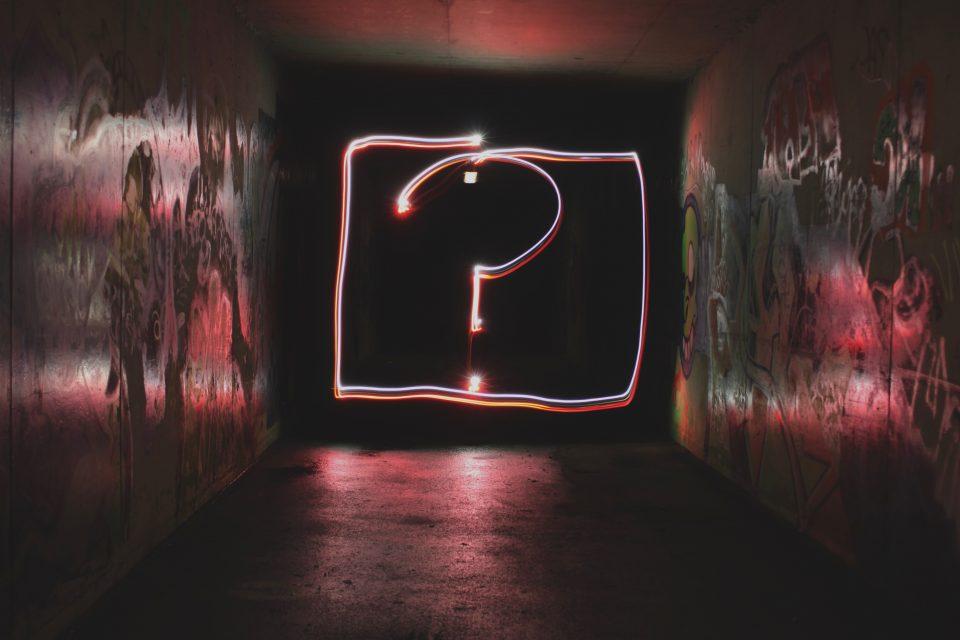 When I worked in the world of quality assurance, one of the key tools we regularly used was the 5 Why’s. The 5 Why’s is a questioning approach to get to deeper and deeper layers of an issue until one arrived at the root cause of a problem.
When I worked in the world of quality assurance, one of the key tools we regularly used was the 5 Why’s. The 5 Why’s is a questioning approach to get to deeper and deeper layers of an issue until one arrived at the root cause of a problem.
Leveraging questions as a research technique is actually quite common. Here are just a few examples of both business and personal situations where questions help generate more clarity.
- Surveys ask us questions in the form of yes/no, multiple-choice or on a scale.
- In everyday problem solving, we ask questions to reveal the true cause and a resolution.
- An investigation may start with questions about where you were at a particular time.
- Inquiring of a family member who is going out about when they will return?
- When taking your car in for service, you will likely be asked about the current mileage?
- Customer service representatives often ask, “How may I help you?”
- During medical appointments, doctors ask questions pertaining to our health, and we ask questions about their prescribed medical guidance or treatments.
There is no shortage of situations in which questions lead to understanding, resolution, and clarity. Keeping in mind the examples above, questions are essential in helping us:
- Find ways to do things better
- Solve problems
- Keep people safe
- Provide a baseline
- Provide assistance
- Find alternative approaches
- Share information
As I shifted into the world of transformation and coaching, questions continued to be a focus. Questions are a core part of the coaching code of ethics. We learn to ask powerful questions, minimize questions that can be answered with a yes or no, and avoid using the word “why” in our questions.
Questions for me personally are my way to better understand the context of a situation, satisfy my curiosity, and help to make sense out of something that may appear illogical. Because people sometimes interpret my questioning as challenging or demanding, I started questioning my own behavior. During my childhood, there seemed to be a focus, both at school and home, on doing what I was told, following the rules, and not questioning authority. However, even back then when something didn’t make sense, I held a belief that there were other options.
My questioning became more understandable to me when I was introduced to the book, The Four Tendencies by Gretchen Rubin. I took the on-line assessment and lo and behold, my tendency is “questioner”. I found this to be a very valuable tool both for me as the questioner and to better understand those who might find my use of questions to gather insight as challenging, demanding, or even annoying.
My long history of being a questioner continues to support me in my work as a coach and facilitator. If you find yourself triggered by someone’s behavior (i.e. being questioned), consider contacting me via my website for a complimentary conversation – https://systemsofchange.com/coaching-programs/
© 2019 Systems of Change, LLC

